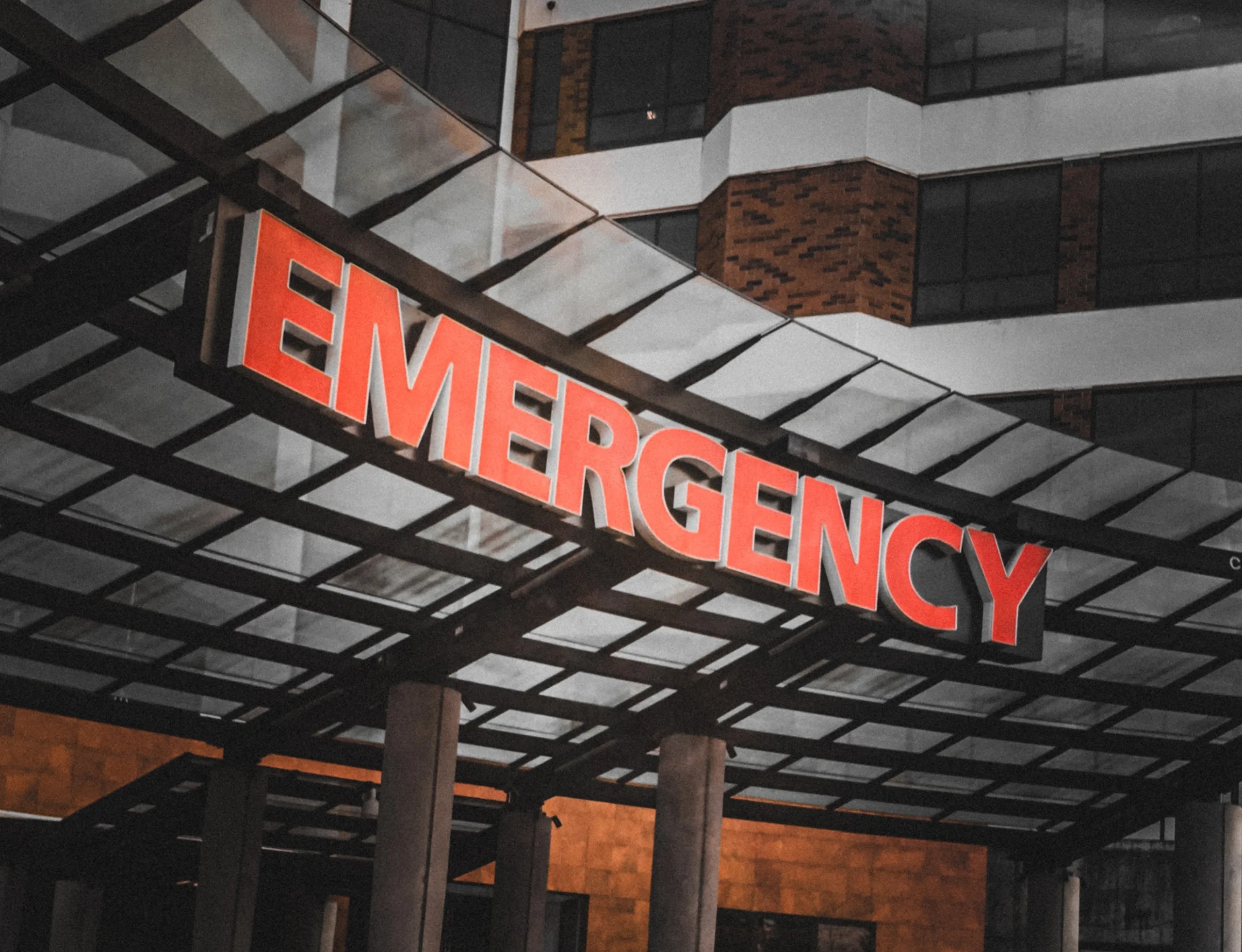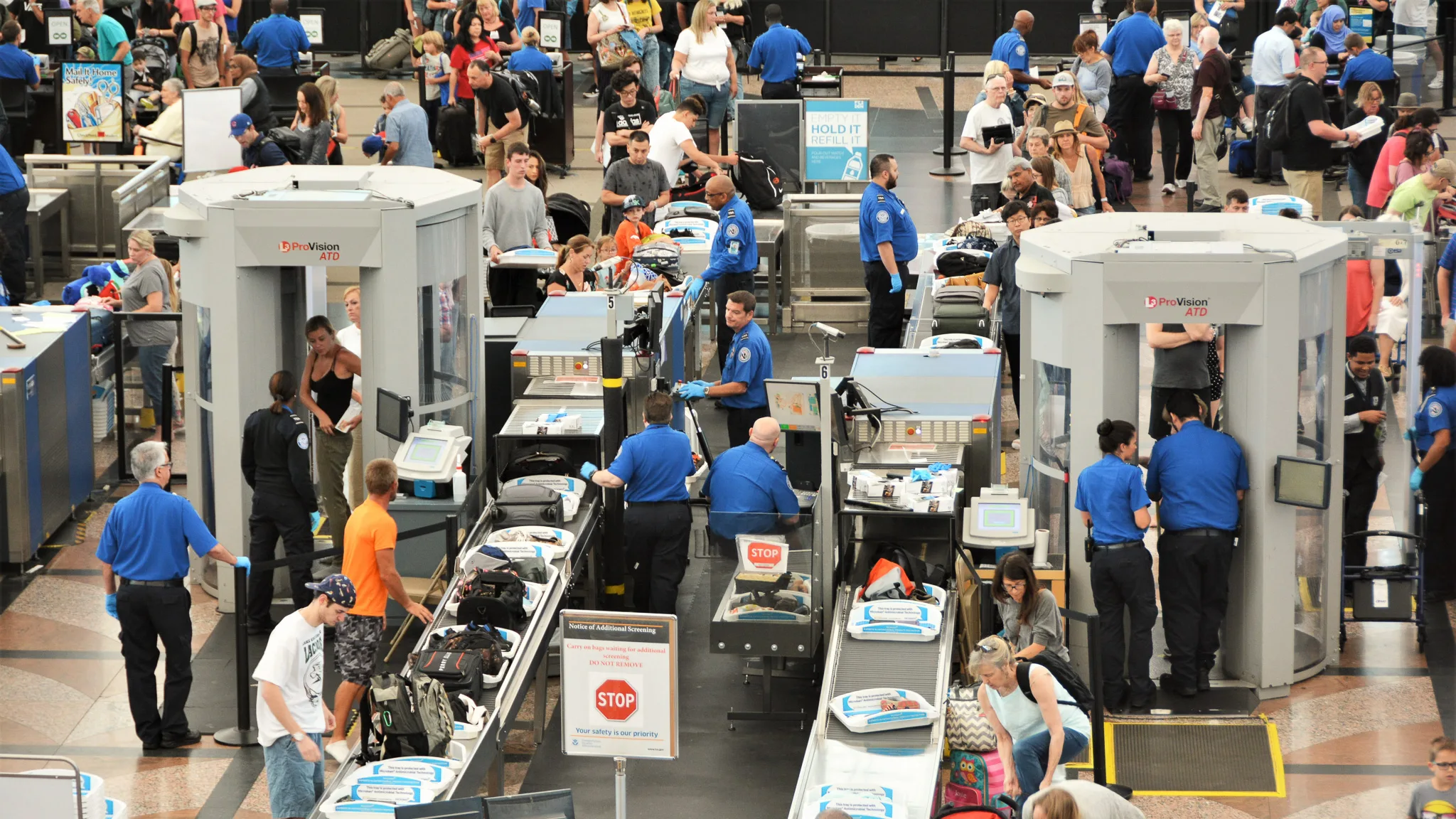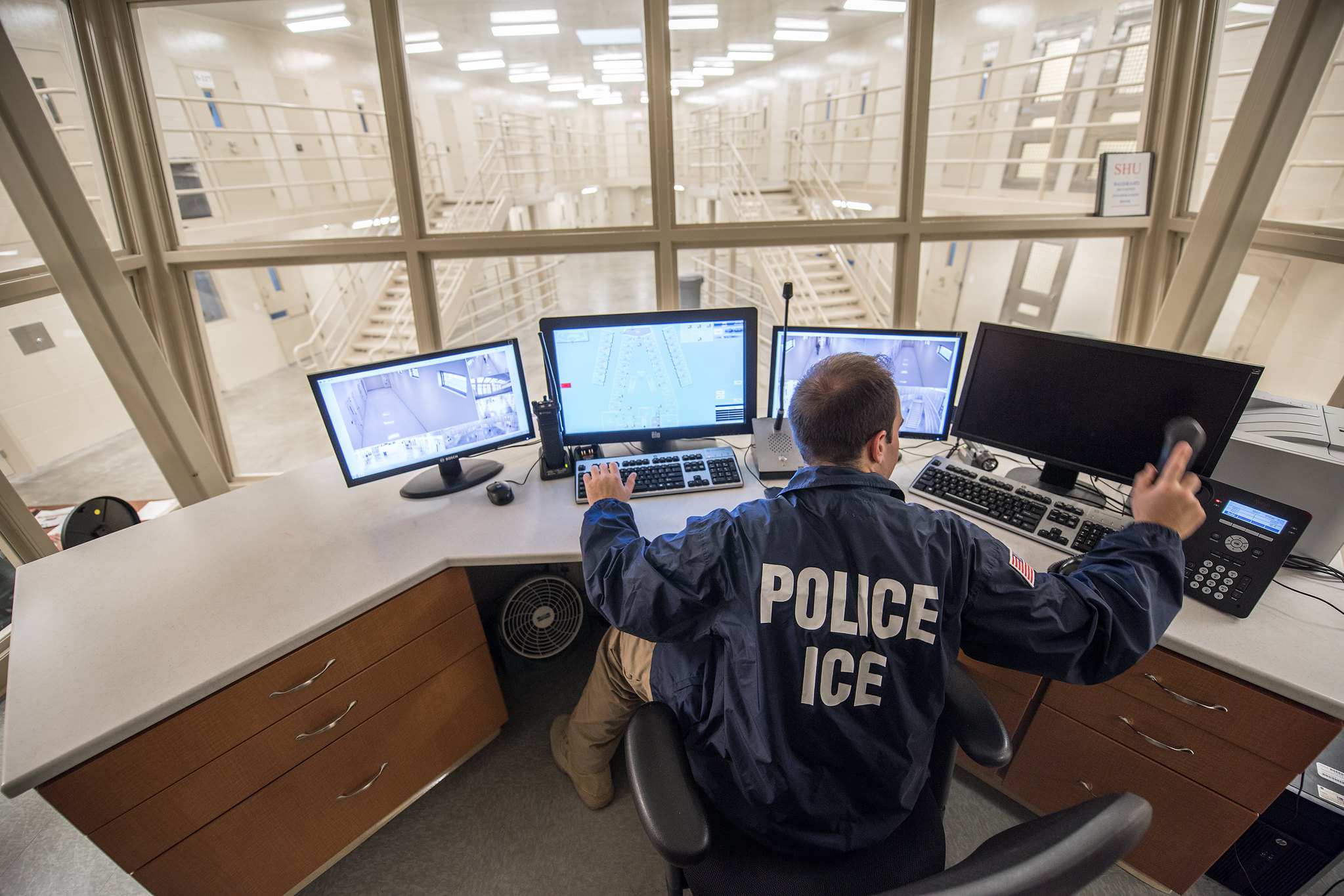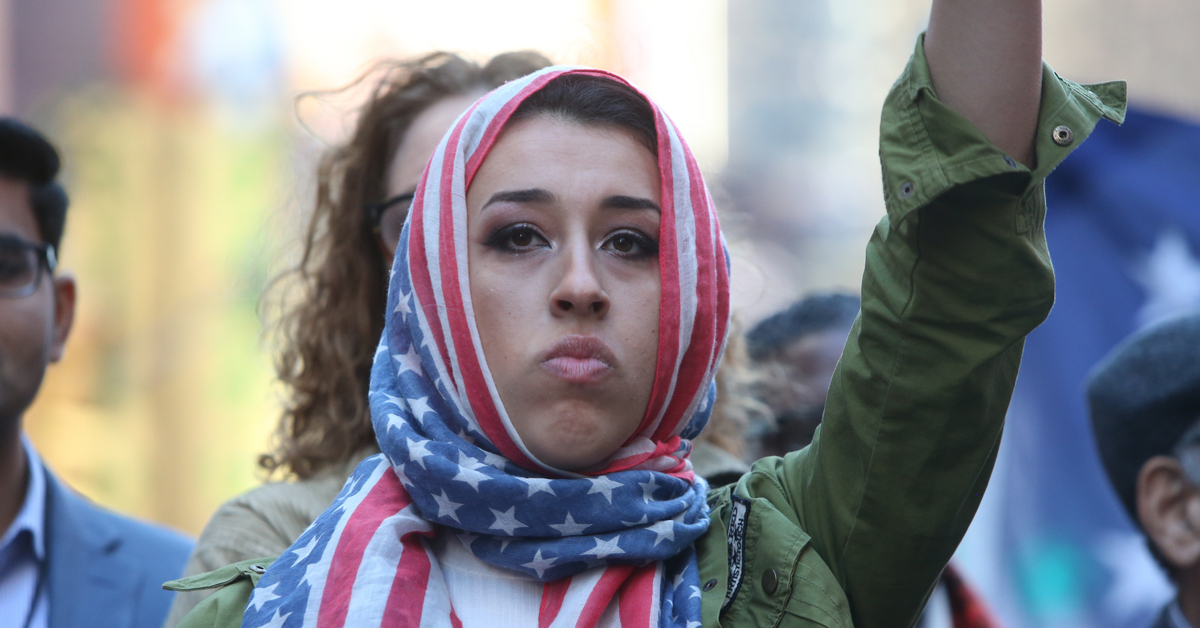After three years of using Title 42 to control the number of migrants crossing the border, the policy will finally expire tomorrow.
Title 42’s stated objective was to suspend the “introduction” of certain individuals who have been in “Coronavirus Impacted Areas,” and was used to expel many migrants at the southern border without letting them seek asylum. The federal government ended the national health emergency to respond to the COVID-19 pandemic last month, consequently necessitating the end of Title 42 too.
The number of undocumented migrants crossing the border has recently been estimated at around 7,500 per day. However, U.S. officials expect that number to increase to 13,000 each day as soon as Title 42 ends.
This means that destination or transitory cities that many migrants head to — such as New York City — are likely to see more migrants arrive.
A key question remains: Will New York City be able to provide necessary humanitarian services — shelter, food, and legal assistance — to migrants if there is an increased need?
Organizations Documented spoke to are continuing their work of providing information to migrants, connecting them to resources, and strengthening their ability to represent themselves in court. That includes UnLocal, which provides direct immigration legal representation and education to immigrants.
“We have experience in working with people who are seeking asylum, we have experience in working with people who are looking for humanitarian options for their immigration status,” UnLocal Executive Director Terry Lawson said. “And we are spending a lot of time at UnLocal thinking through Pro Se options with our community partners, and really doing our best in whatever ways we can.”
Community supporters, volunteers, and pro bono attorneys have been helping recently arrived migrants to receive Pro Se assistance in completing and filing their asylum and work authorization applications. The Pro Se Plus Project, which UnLocal and its partners run, trains people to understand the requirements for asylum so that they too can help recently arrived migrants.
“We want people to have access to information, and teach them what to do when you are in court,” Lawson said. This includes how to fill out an I-589 asylum application form. “So that we take away some of the mystery around it, which is really scary for people, and so we feel like people are as equipped as they can be going in, knowing that it’s going to be very hard for them to get a lawyer.”
As Texas Governor Greg Abbott began sending migrants that had crossed the Texas-Mexico border to New York City last summer, mutual aid groups and nonprofit organizations stepped up to help them access food, clothing, legal services, and other assistance.
The City administration also stepped up its efforts to help migrants by setting up a dedicated team as well as humanitarian relief centers to house them. Now, those services may need to meet a growing demand in the coming weeks.
To create more space in the City for migrants who might arrive, Mayor Eric Adams has said migrants who are already in the City and are willing to head to other neighboring communities like the Hudson Valley will be transported there.
Officials in the region haven’t embraced the idea. Two days ago, Rockland County even declared a state of emergency for 30 days and barred the City administration from sending migrants to its communities.
“Sending busloads of people to this county that does not have the infrastructure to care for them will only compound that issue tenfold while straining support systems that are already at a breaking point,” said Rockland County Executive Ed Day in a statement.
Adams has said only single adult men will be sent to the Hudson Valley for up to four months, as the City is trying to create more space for new migrants.
Andrew Heinrich, executive director and supervising attorney at Project Rosseau, offered representation on Monday to someone who only got to New York last week on a bus from Texas. On average, between 40 to 50 families visit Project Rousseau weekly to use their immigration screening services.
“I evaluated their case and we offered them representation that quickly,” he said. “So that’s the only way we’re going to be able to stay ahead of the curve here.”
His team at Project Rosseau is planning to be at Port Authority every day if it needs to, he said. They aim to immediately screen new arrivals for potential asylum claim or other forms of immigration relief.
“Our waitlist to get representation for people who have a compelling claim — we also made sure that was at zero, so that we can move forward with the next steps,” he said.
Other organizations Documented interviewed highlighted the significance of prioritizing the treatment of individuals who are fleeing their native countries as a humanitarian matter rather than a political one.
Update: This article was updated to correct an editing error.














